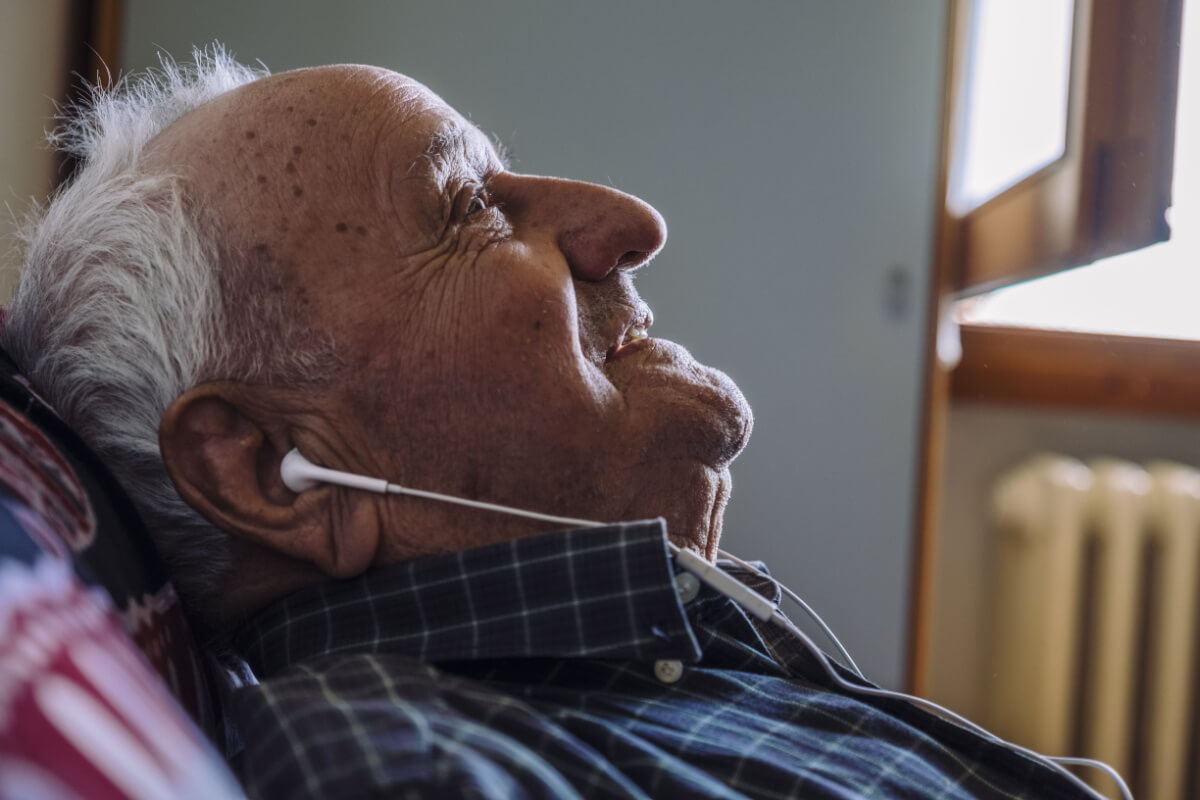HarborChase of Wellington Crossing Shares Misconceptions About What Causes Memory Loss
Posted By HarborChase on May 8, 2023Picture this: you wake up in the morning and forget about the early meeting on your schedule. You quickly get ready but you can’t seem to find where you left your car keys. When you finally remember where you placed them, you’re off, but you’re racking your brain trying to remember the name of the new person in the group. Sound familiar?
Everyone has these kinds of days. These forgetful moments are natural, especially as a person ages, but memory loss can cause concern when behaviors and habits are continuous.
As a result, it’s important to understand the misconceptions surrounding memory loss and dementia. While the causes of dementia are still relatively unknown, not all memory loss is associated with dementia.
At HarborChase of Wellington Crossing, our dementia care community in Wellington, Florida, educates and supports families and individuals impacted by dementia. Below are team shares common myths surrounding what causes memory loss and the truth behind them.
Myth: Memory loss means dementia.
The term dementia is an umbrella term used to describe multiple conditions affecting memory, cognitive abilities, and behavior that interfere with a person’s daily life. That being said, there is a common tendency to associate any instance of memory loss with dementia, which is not necessarily true.
Memory loss in older adults can also be caused by factors that have nothing to do with dementia, including side effects of medications or vitamin deficiencies. In addition, other health conditions can cause dementia-like symptoms, such as an undiagnosed UTI.
Myth: Dementia cannot be prevented.
In 2019, several studies reported by the Alzheimer’s Association stated that adults could reduce their risk of Alzheimer’s by 60% simply by adopting at least four healthy lifestyle practices, such as:
- Healthy diet
- 150 minutes of weekly exercise
- Participating in brain stimulating activities
The causes of dementia are still unknown, but research has found that engaging in a healthy lifestyle and implementing wellness-improving habits in your daily life can reduce your risk of developing dementia.
Myth: Aluminum & aspartame cause Alzheimer’s.
In the 1960s and 70s, researchers studied rabbits that had been injected with a high dose of aluminum. The results showed that the rabbits developed toxic tau tangles in their brains, leading to widespread concern regarding aluminum exposure in humans. As a result, people began to avoid drinking from aluminum cans and stopped cooking with pots and pans made from aluminum for fear that it might cause Alzheimer’s.
However, in recent years, “no convincing relationship between amount of exposure or aluminum in the body and the development of Alzheimer’s disease has been established (Alzheimer’s Society).”
Similarly, aspartame, an artificial sweetener often used in diet sodas, has also been falsely linked to Alzheimer’s. After aspartame’s approval from the U.S. Food and Drug Administration in 1996, concerns about possible health effects were instantly raised. However, the FDA has since reported that after conducting over 100 laboratory and clinical studies, they were able to conclude that aspartame is in no way linked to the development of any form of dementia.
Myth: Memory loss diminishes quality of life.
In the United States alone, over 5 million people are living with some form of dementia, and that number is expected to grow to 13 million by the year 2050. While experiencing memory loss may result in a dementia diagnosis, this does not mark the end of a person’s life story. Support, connection, and opportunities for purposeful living are staples for a healthy and happy life – and the same applies to those living with dementia.
At HarborChase, our dementia care community in Wellington, Florida, creates joyful moments that serve to celebrate the accomplishments of residents each and every day. Community amenities, life enrichment programs, and supportive services come together to enrich the lives of those impacted by dementia.
We invite you to discover meaningful dementia care in Wellington and find out how HarborChase of Wellington Crossing can make a difference for your family.
Categories: Memory Care


